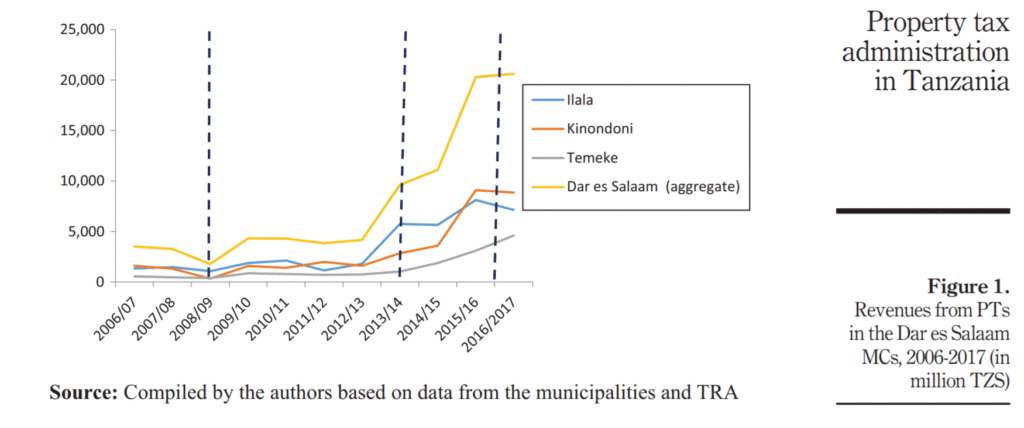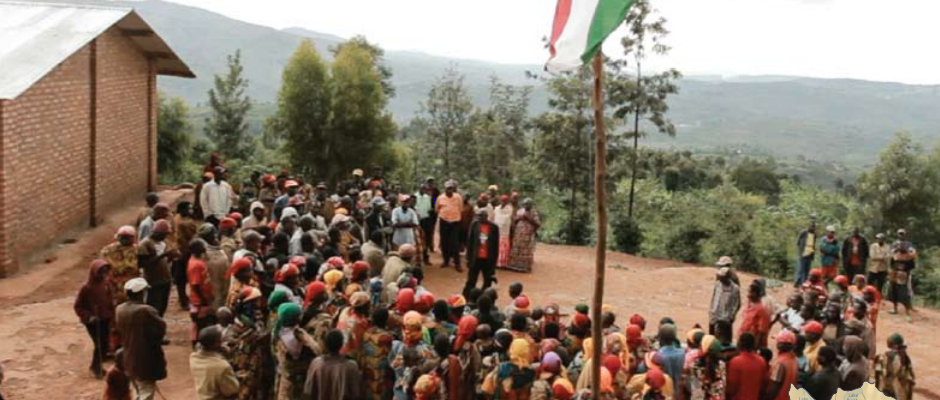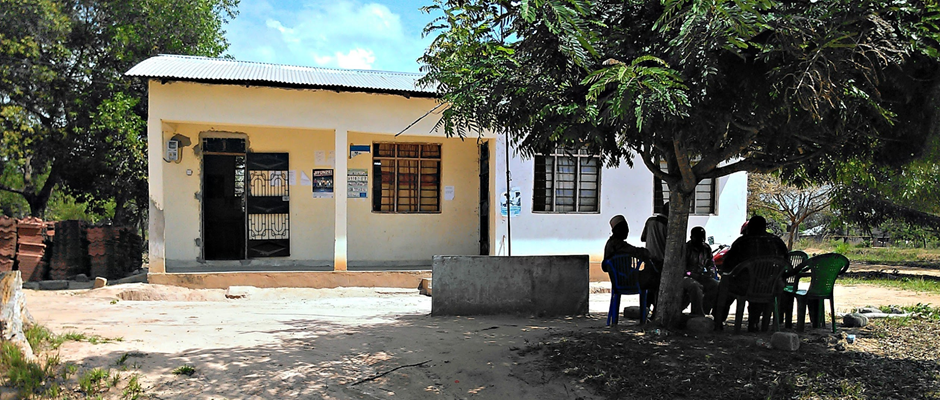
There has been considerable emphasis in the property tax literature on principles for what taxes should be assigned either to the central government or to lower levels of government. In contrast, intergovernmental cooperation in revenue collection has received limited attention in the literature on tax administration. In fact, principles and practices for cooperation between central and local government agencies to administer taxes have largely been ignored.
Recent experiences from Tanzania offer a unique opportunity to explore opportunities and challenges facing inter-organisational cooperation in revenue collection in a developing country context. During the past decade, several major reforms of the property tax system have been implemented in Tanzania, oscillating between decentralised and centralised administration.
A recent study of property taxation in Tanzania examines experiences with the implementation of these reforms in three municipalities (MCs) in Dar es Salaam, the country’s largest city and commercial capital, Ilala, Kinondoni and Temeke. The analysis focuses on how inter-organizational relations between the tax collection agencies at the municipal and central government levels affected implementation of the property tax policies during the period 2008-2017.
Tanzania has implemented several major reforms of the property tax collection system during the past decade, oscillating between decentralized and centralized regimes. Before 2008, local government authorities were responsible for the administration of property taxes, including registration of properties, valuation, rate setting, collection and enforcement. In 2008, a new system for collection and enforcement was introduced in Dar es Salaam, shifting the responsibility from the MCs to the national tax administration, the Tanzania Revenue Authority (TRA). In February 2014, the Government announced the return of property tax collection responsibility to the Municipal Councils (MCs) with immediate effect. This did not last long. In July 2016, property taxation was again centralized. TRA was assigned full responsibility for administrating the tax, including registration of properties, valuation, rate setting, collection and enforcement in 30 MCs, and from July 2017 for the entire country.

An analysis of revenue collections over time highlights some notable patterns. First, before the centralization in 2008/2009, the revenue collection trend is flat at low collection levels for Ilala and Temeke, and declining for Kinondoni. Second, after centralization in 2008/2009, all three MCs show a slight increase in revenues in the first year. Thereafter, revenue collections are almost stable for Temeke, but fluctuating in Ilala and Kinondoni. Third, there is an increase in revenue collection for all three MCs during the end of the first centralization period starting from 2012/2013. Fourth, after decentralization in 2014 there is a sharp increase in revenue collection for all the MCs, in particular from 2014/2015. Finally, data for the fiscal year 2016/2017, i.e. after re-centralization, show that revenue has declined for Ilala by almost 12 per cent compared to the previous fiscal year, while there is almost no change for Kinondoni. Temeke, on the other hand, saw a substantial increase in revenue.
The study finds that the roots of many of the implementation problems experienced in Tanzania with respect to intergovernmental coordination surrounding property tax collections are found at the policy formulation stage in the ministry responsible for local governments, reflected in ambiguous objectives, unclear procedures and inadequate means to implement the property tax reforms.
Two lessons of broader relevance are highlighted. First, interorganisational trust matters. This requires a mutual understanding by the local and central government tax agencies of the justification of the reform. In Tanzania, top-down driven reform processes, ambiguity related to the rationale behind the reforms, and lack of consultations with respect to roles and expectations, acted as barriers to sound working relationships between the municipalities and the Tanzania Revenue Authority (TRA).
Second, the technical design and implementation schedule of the reform were not adapted to the administrative capacity of the involved agencies. Technical constraints, reflected in outdated property registers and valuation rolls, and inadequate resources created a large degree of distrust between municipal and TRA officials, and obstructed the implementation of the reforms. The fact that a particular agency is assigned the main role in implementation does not necessarily mean that it is prepared for the task or will be an enthusiastic collaborator.
Read the full article:
Odd-Helge Fjeldstad, Merima Ali, Lucas Katera, (2019) “Policy implementation under stress: Central-local government relations in property tax administration in Tanzania“, Journal of Financial Management of Property and Construction.



